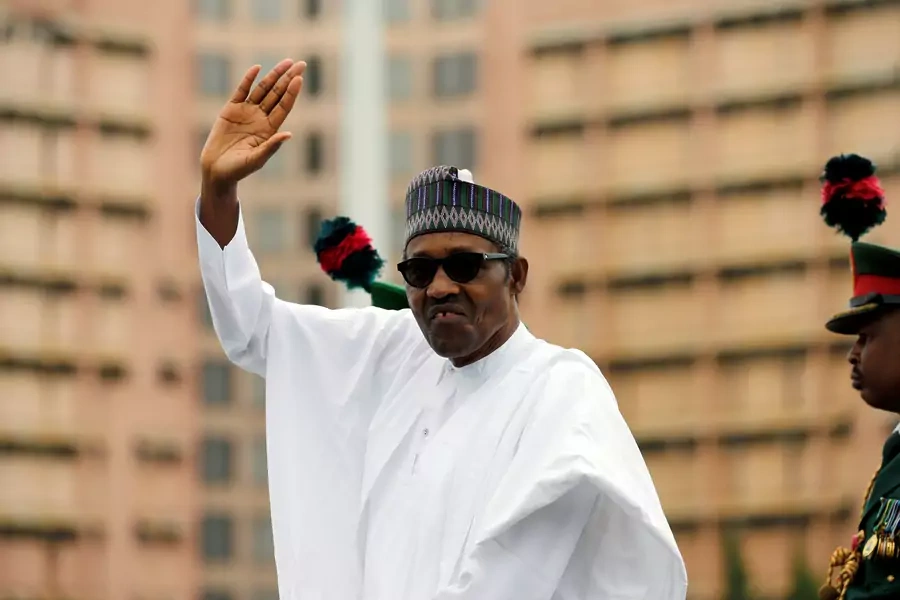Nigerian President Buhari’s Lack of Wealth Matters Little

Part of the basis of Muhammadu Buhari’s street popularity is his modest style of living, at least compared to other members of Nigeria’s elite. As is required by law, in May 2019, President Buhari submitted his asset declaration to the Code of Conduct Bureau. According to Garba Shehu, senior special assistant to the president on media and publicity, there was no significant change in President Buhari’s assets since he last submitted a declaration following his 2015 election as president. This is credible.
In 2015, the president’s listed assets consisted of “farms;” five homes and two mud houses; an orchard and a ranch with 270 cows, as well as 25 sheep, 5 horses, and a variety of birds; shares in three firms; plots of land in Port Harcourt and Kano; two cars; and $150,000 in a personal bank account. By contrast, Buhari’s vice president, Yemi Osinbajo, said that he had $1.4 million in his bank account at this time.
More on:
In a country in which about half of the population lives in extreme poverty, Buhari is well off. His principle private residence in Kaduna is masonry of a size and finish appropriate for a retired army general with no business dealings on the side. Nevertheless, the government’s purchase of an official automobile costing an estimated $170,000 is a reminder of the perks of office.
But, compared to most of Nigeria’s elites, his personal fortune is very modest. Many former presidents and presidential aspirants have wealth in the tens of millions of U.S. dollars, and Nigerians routinely believe that holders of public office exploit their positions to enrich themselves. Buhari has so far largely avoided serious accusations of personal corruption, and his personal anti-corruption credentials remain strong.
Political corruption scandals are a dime a dozen in Nigeria, and corruption remains deeply rooted in both the public and private sectors. But if the president is leading by example, media reports indicate that few are following.
More on:
 Online Store
Online Store